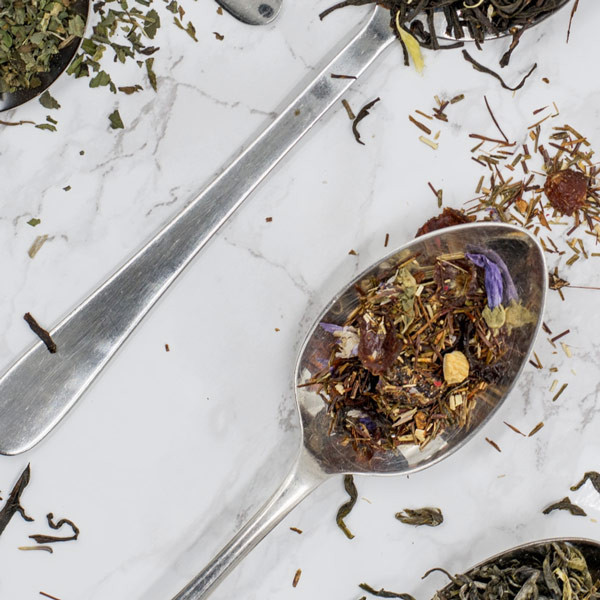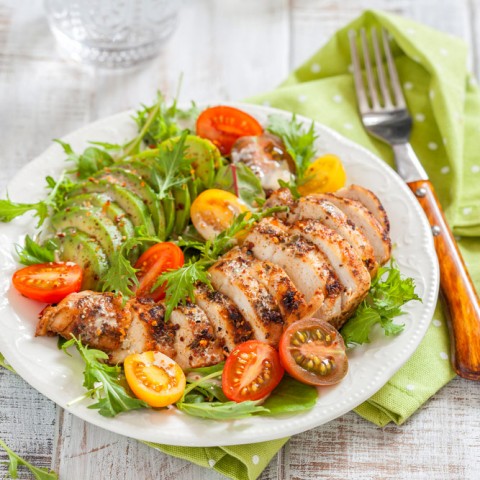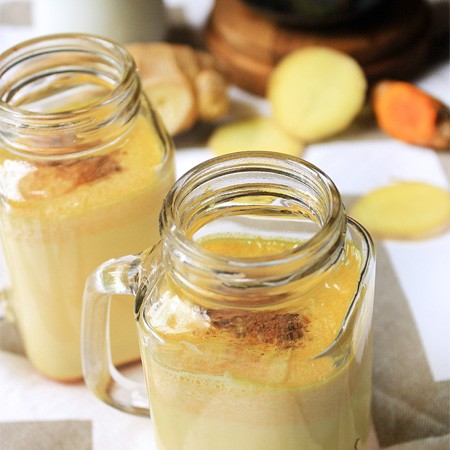Not that anyone’s counting but there are trillions of bacteria that live in our intestines. Also known as gut flora, the gut biome or microbiota, this teeming biomass has been the subject of a wealth of studies that show how a healthy balance of “good” gut bacteria is essential to our overall health and wellbeing.
To underline the point, that’s our whole health, not just the health of our gut. Nutritionists — armed with the latest scientific studies — have pointed out the importance of getting the balance of the gut flora right. These scientific studies are building the consensus that it’s the quality and diversity of this bacteria that’s vitally important to our wellbeing. (1)
Evidence now suggests that the gut microbiota does far more than stay in the gut. It interacts — in a positive or negative way — with the entire body, affecting physical and even mental health. For example, if your diet consists largely of processed foods, your gut bacteria will be out of balance, with the “bad” bacteria dominating. This influences your physical wellbeing in general.
As is so often the case, science has only confirmed what has been anecdotal evidence for our ancestors for many thousands of years. Many ancient societies knew that foods high in probiotics to feed good gut bacteria was so important to gut health, and by extension, our overall physical state.
Traditional fermented foods from a range of countries and regions such as kimchi, soy sauce, sauerkraut and yoghurt are examples of the types of foods now recommended by nutritionists and dieticians for gut health. For it is this food that has nourished people, and kept them healthy in both mind and body, throughout the ages. No surprises then that it is now well and truly back on the health-conscious person’s menu!
The idea of the gut controlling health and wellbeing is not a new one either with Hippocrates, the Father of Modern Medicine, reported to have said that “All disease begins in the gut”.
Indeed, increasing evidence is showing that many chronic diseases begin due to an imbalance of gut bacteria. There is also a specific bacteria that resides in our gut that has been linked to obesity and therefore has a direct effect on all of this condition’s health risks such as heart disease, diabetes, certain types of cancer and the chance of a stroke. (2)
One of the most important parts of the whole discussion on gut health has been the topic of probiotics, the “good” bacteria that is ingested in our diet to help balance our gut’s health. Less well known are prebiotics, the plant fibre that “feeds” the probiotics.
So what’s the difference between prebiotics and probiotics and why are they so important to our health and wellbeing?
Prebiotics
The blaze of publicity in the last few years about what to eat for excellent gut health has tended to favour probiotics over prebiotics. However prebiotics are just as critical and it is important to be aware of this in your diet. Prebiotics are usually found in carbohydrate-rich foods and are — in essence — parts of food that are non-digestible and therefore become a food source for beneficial probiotics. (3)
Probiotics
Probiotics are the live, friendly bacteria, that may be taken daily to maintain the essential nutrient balance in the gut. By consuming probiotic-rich foods and drink, you boost the benefits for your health, vitality, skin and energy and wellbeing that is vital to everyday good physical and mental health.
Why is it important to take probiotics and prebiotics together?
Establishing the routine of boosting your gut bacteria with foods rich in prebiotics as well as adding to the number of healthy bacteria daily with probiotics will ensure that the beneficial bacterias are maintained in your system and that you receive maximum benefits. The prebiotics act as a food for the probiotics in your gut, boosting the number of “good” bacteria and helping you achieve a good balance so necessary for overall good health.
One of the many benefits of having a healthy balance of pro and prebiotics in your diet is that your weight should then become easier to manage and stabilise if necessary. When your body is in balance you feel healthy, energised and alert. So which foods are high in both prebiotics and probiotics?
Foods high in probiotics
- Sauerkraut. Made from fermented cabbage or other vegetables.
- Milk or Water Kefir. This is a fermented drink, a combination of goat’s, cow's milk or water and kefir grains.
- Yogurt. Goats milk yogurt is highly recommended as a source for probiotic-rich yogurt.
- Miso soup. Made from fermented rye and grains, miso soup is very popular in Japanese cuisine.
- Pickles. These traditional favourites consist of any type of vegetables in a briny liquid.
- Kimchi - Spicy and sour fermented cabbage. A Korean favourite.
- Kombucha Tea. A form of fermented tea.
- Apple Cider Vinegar
Foods high in prebiotics
- Chicory root
- Dandelion greens
- Jerusalem artichoke
- Garlic
- Onions and Leeks
- Asparagus
- Bananas
- Barley and Oats
- Apples
- Cocoa
- Burdock root
- Flaxseeds
- Wheat bran
- Seaweed
Clearly taking notice of our diet to improve your gut health will have a major impact on our health and wellbeing. However it’s important to understand it is the combination of both pre and probiotics that is required for best results.
As always consult your health practitioner should you consider changing your diet and be guided by their advice. Are you currently on a diet high in pre and probiotics? Have you any recipes for fermented foods high in prebiotics and probiotics? Don’t hesitate to leave your thoughts below, we’d love to hear from you.
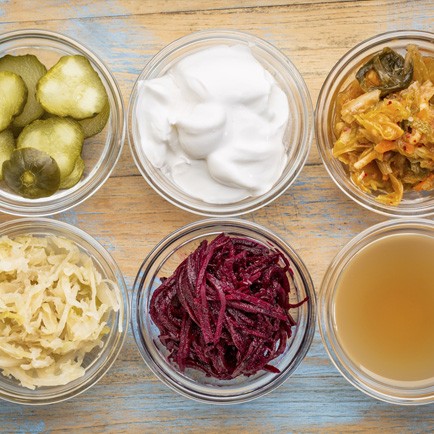
Love Health?
From recipes, trends and discounts, expect great things via email this month.
More Great Reads!

Behind The Brand: Antipodes
Recipes We Love!
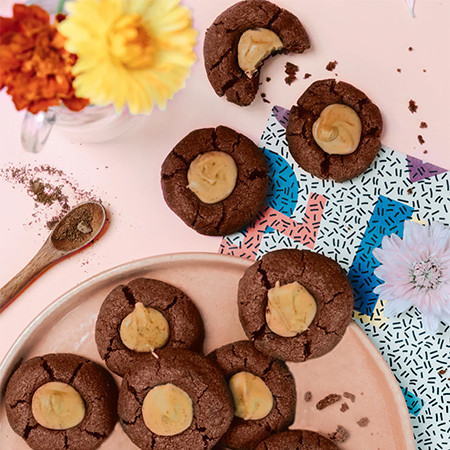
Clever Cookies







